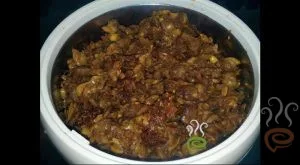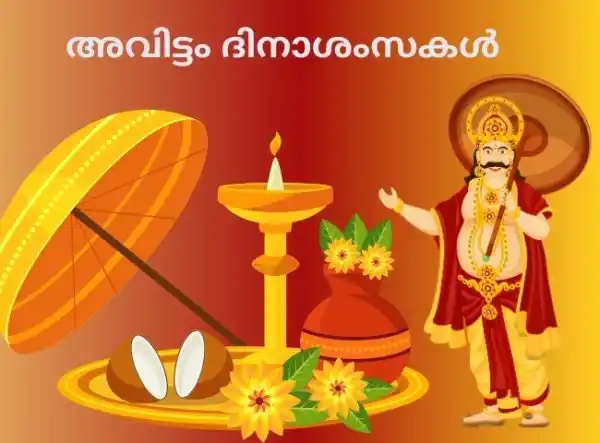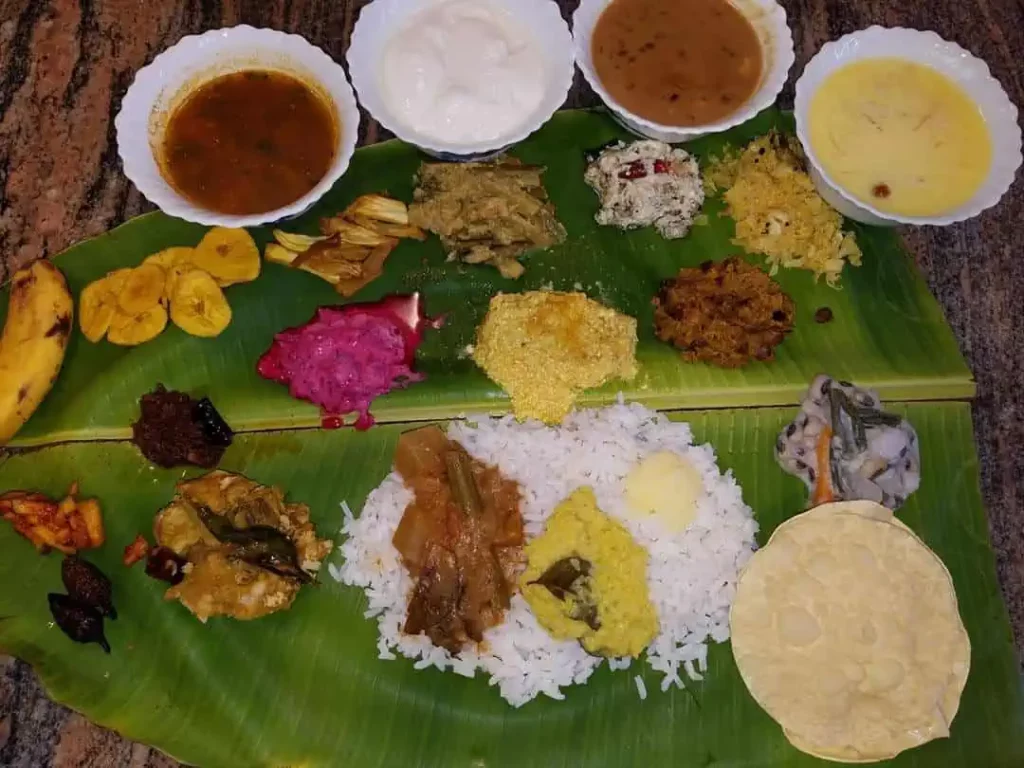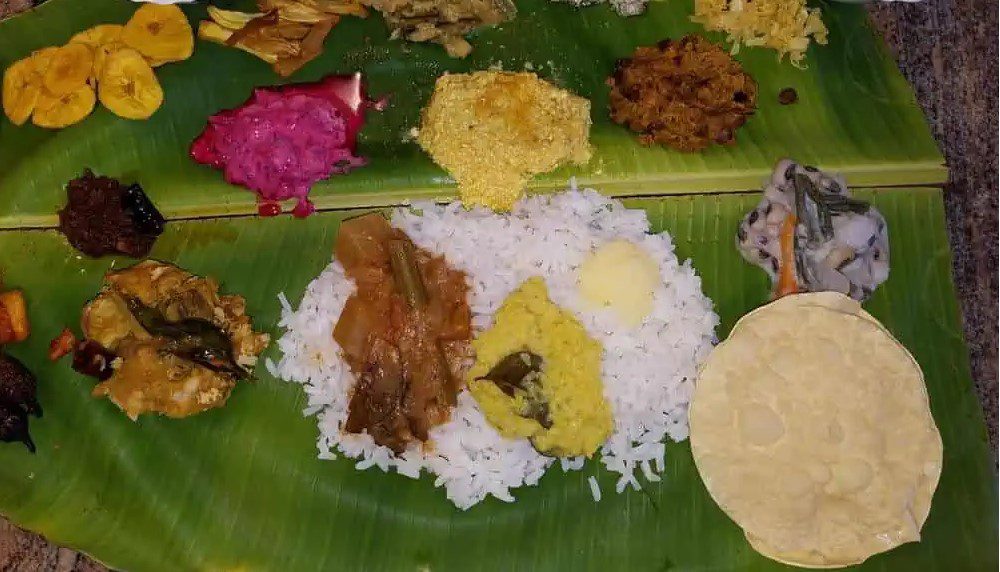Clams | Kakka
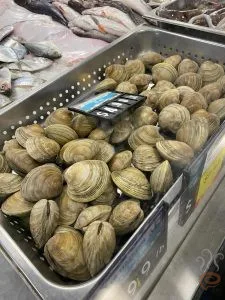
Clams: A Delicacy from the Coastal Waters
Clams, locally known as “Kakka” in Kerala, are small, edible bivalve mollusks commonly found along India’s coastal waters, particularly in Kerala. Revered for their tender, flavorful meat, clams are a beloved seafood choice in Kerala’s cuisine, used in a variety of traditional and contemporary recipes. Let’s explore their significance, culinary uses, nutritional benefits, and tips for cooking the seafood.
Understanding Clams and Their Cultural Importance
In Kerala, Kakka is more than just a seafood option, it’s a cultural delicacy. Coastal communities traditionally rely on the seafood as a staple protein source, integrating them into festive and daily meals. These are harvested sustainably by local fisherfolk, who use them as a significant part of their livelihood. This connection reflects Kerala’s close ties to the sea.
Culinary Uses
The seafood is highly versatile and are used in various Kerala-style preparations, from Kakka Varuthathu to Kakka Ularthiyathu and Kakka Thoran. Each dish celebrates the natural sweetness and briny flavor of clams, enhanced with coconut oil, curry leaves, and local spices. Whether enjoyed as a snack or a main dish, clams are a cherished addition to Kerala’s seafood repertoire.
Nutritional Value
Clams are a powerhouse of nutrition, offering protein, vitamins, and minerals in abundance. They are particularly high in iron, omega-3 fatty acids, and vitamin B12, supporting heart health, muscle function, and immunity. Low in fat and calories, clams are an excellent choice for those seeking nutrient-dense, lean seafood options.
Tips for Preparing and Cooking
Cleaning the seafood thoroughly is essential to remove any sand or grit. Soaking them in salted water for a few hours can help in the process. When cooking, this seafood require minimal heat and time. Overcooking can toughen the meat. Quick stir-fries or lightly steaming them preserves their delicate texture and flavor. Incorporate clams into your diet for a taste of Kerala’s authentic seafood tradition, and enjoy the many health benefits that come with this humble yet highly nutritious delicacy.
GLOSSARY
Malayalam: Kakka, Eninthti, Kakka matti
Tamil: Kilinjal, Panja matti, Vazhi, Vazhukkumatti, Chippi(sometimes)
Telugu: Boodidhigulla
Recipes with Clams:
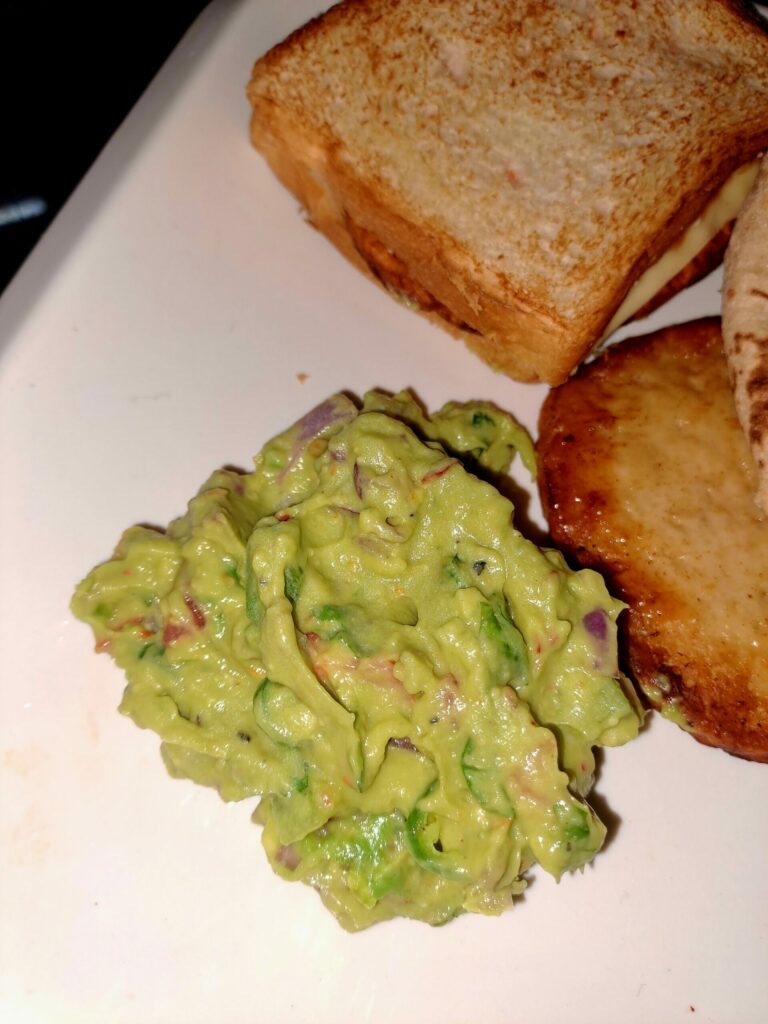
Guacamole | Avocado Guacamole
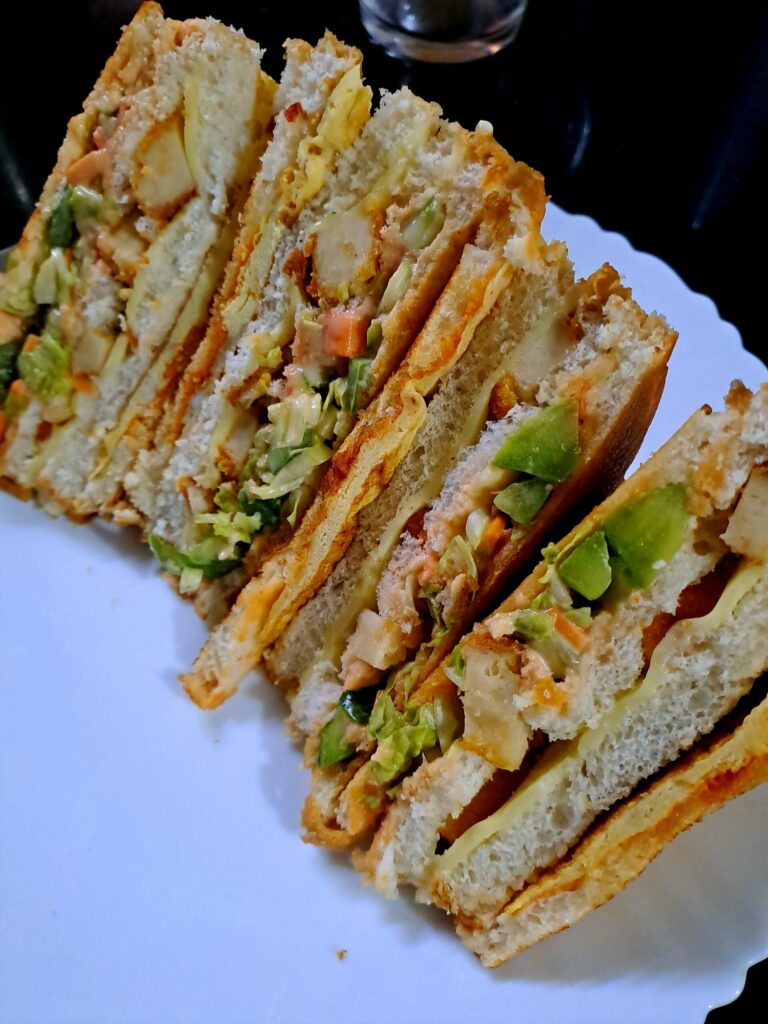
Chicken Nuggets Sandwich | Homemade Chicken Nuggets Sandwich

Malabar Beef Samosa | Kerala Beef Samosa
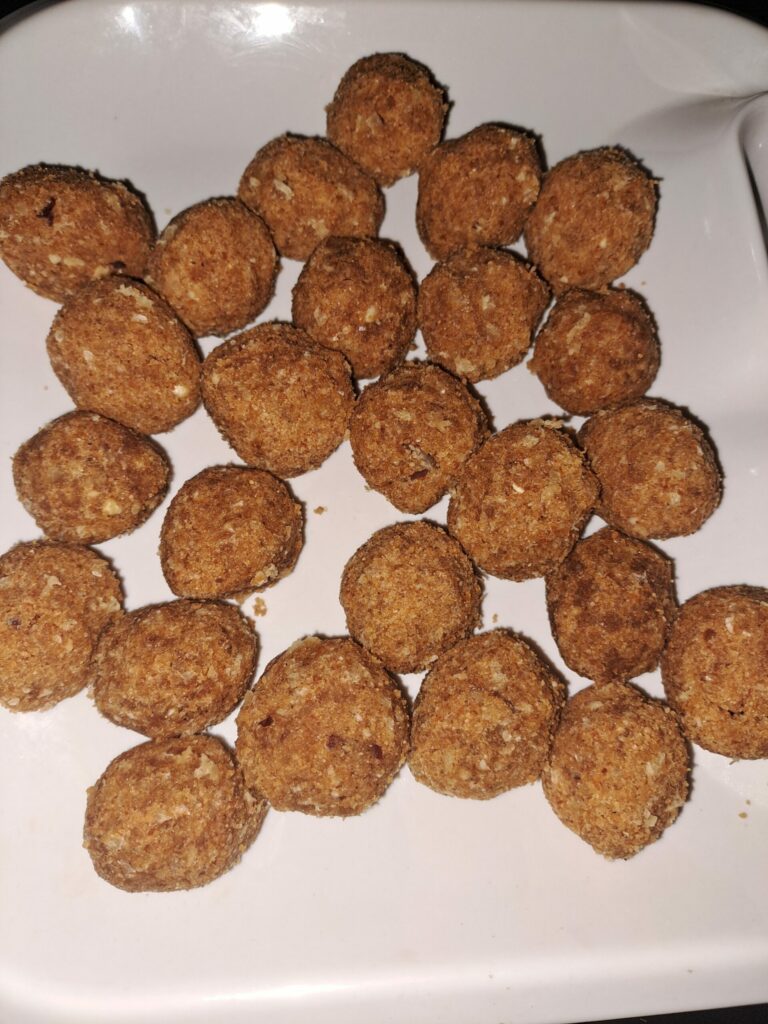
Cashew Rice Balls | Cashew Rice Snacks
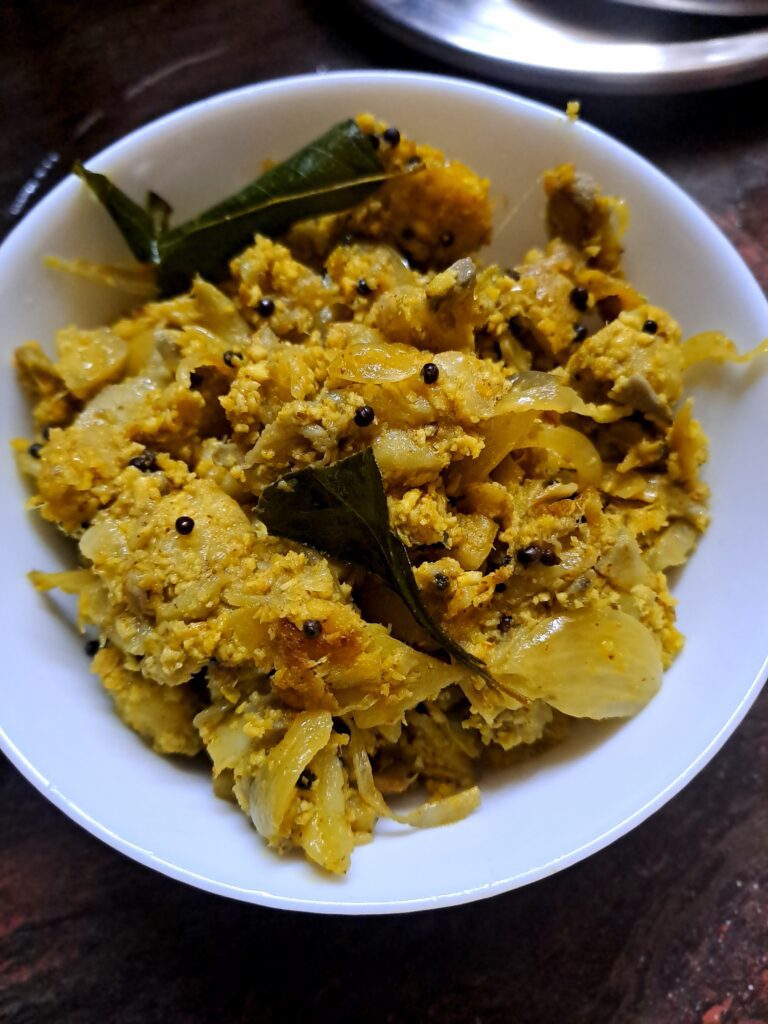
A Simple One Day Meal Plan In Kerala Cuisine

Guacamole | Avocado Guacamole

Chicken Nuggets Sandwich | Homemade Chicken Nuggets Sandwich

Malabar Beef Samosa | Kerala Beef Samosa

Cashew Rice Balls | Cashew Rice Snacks



